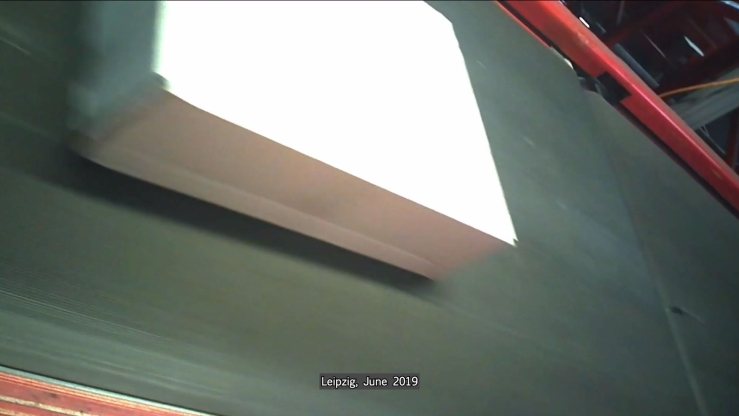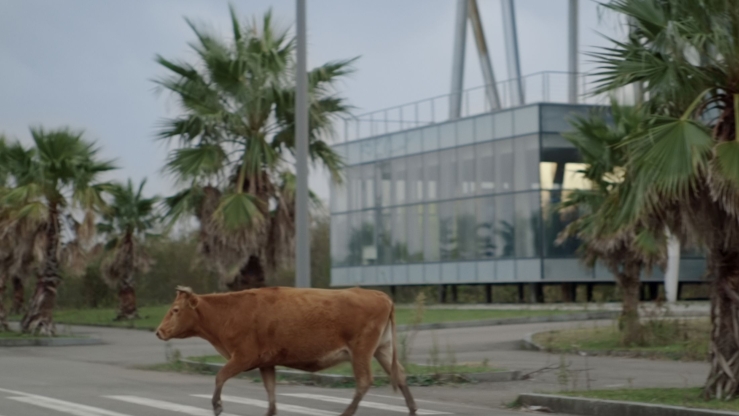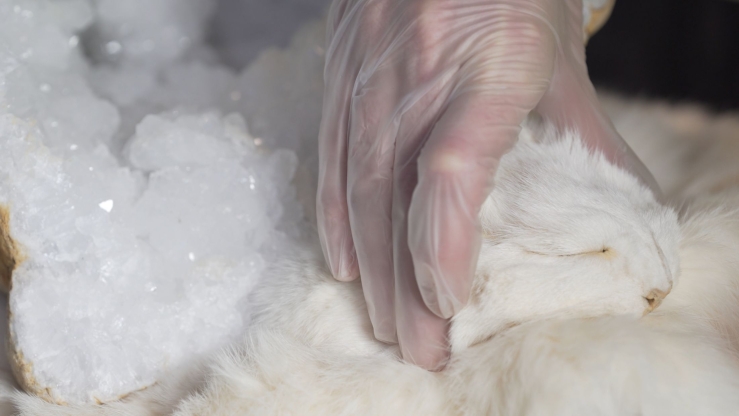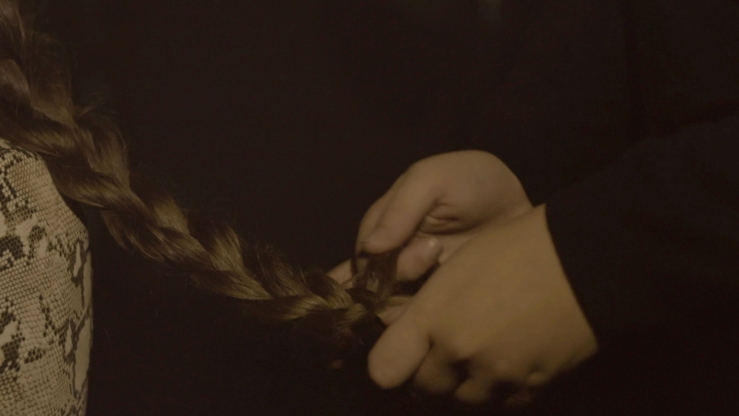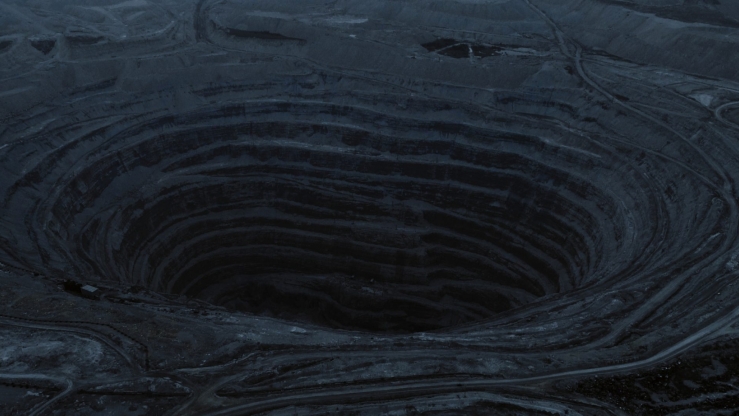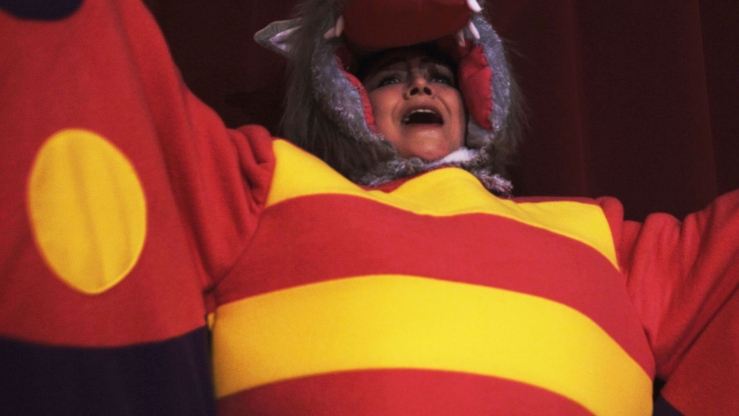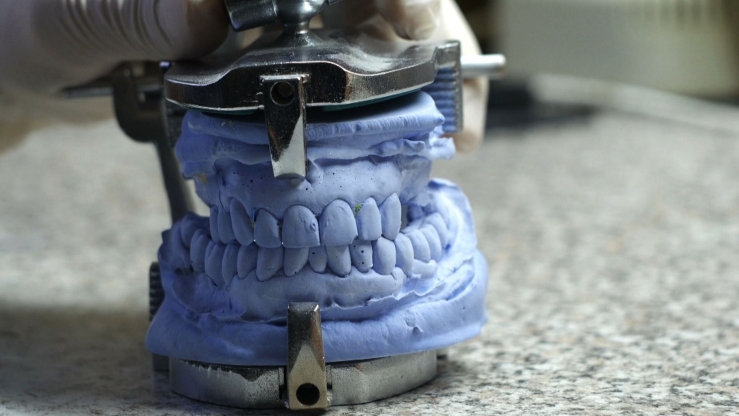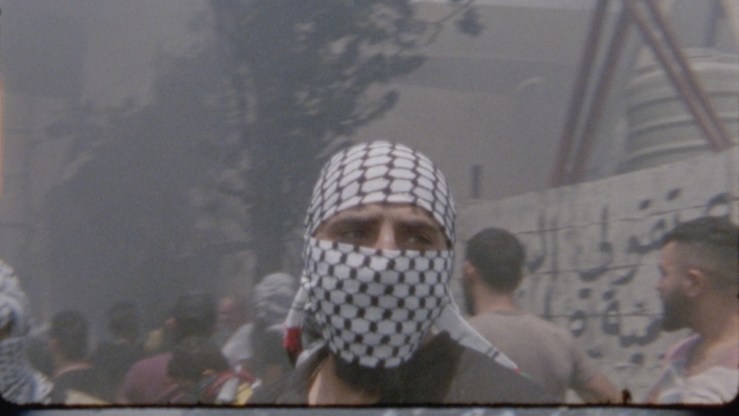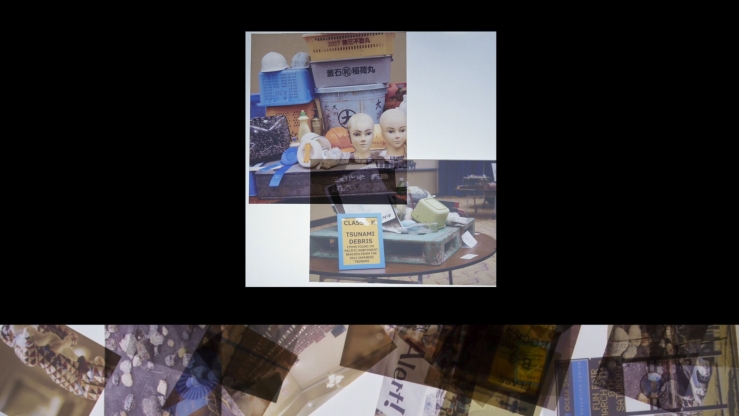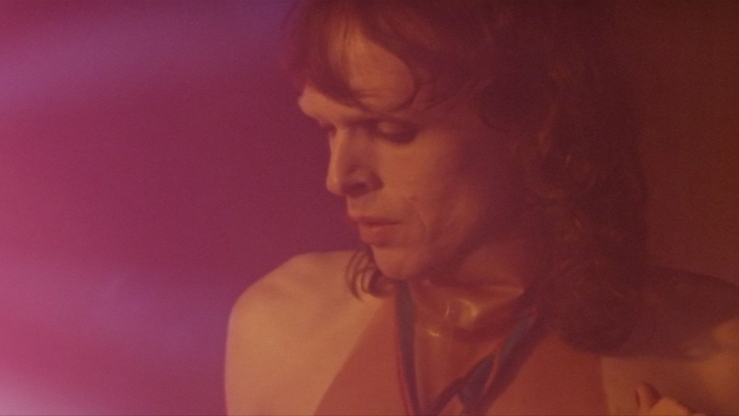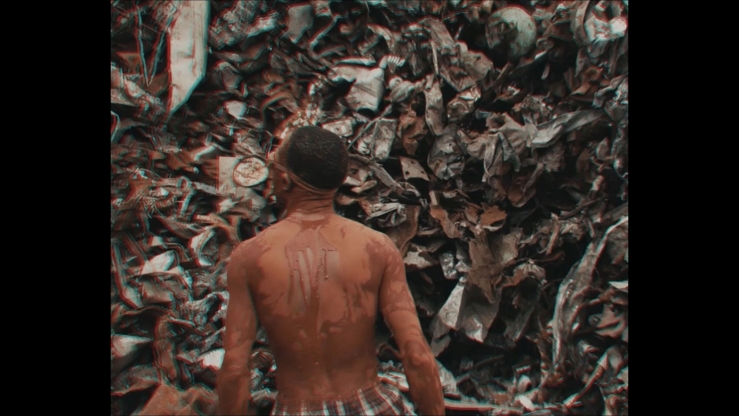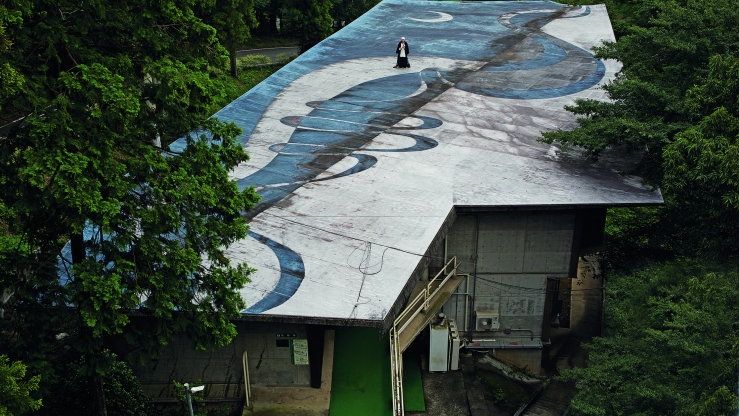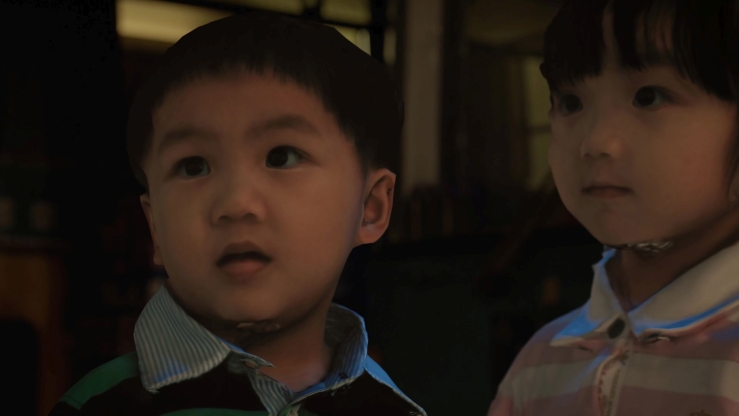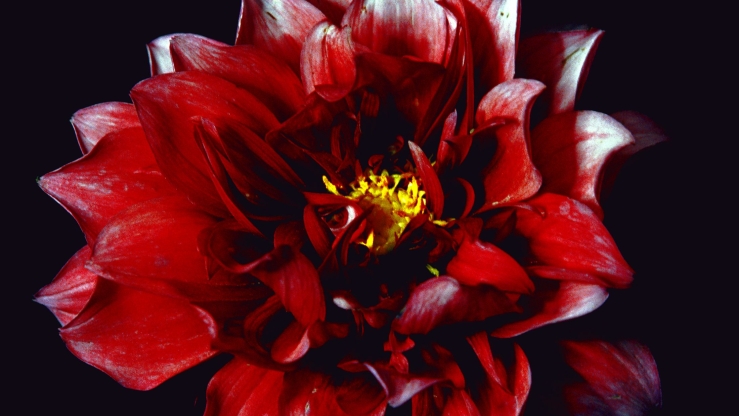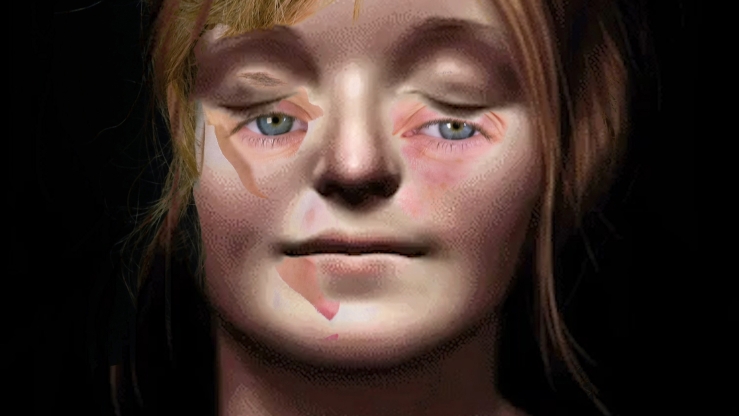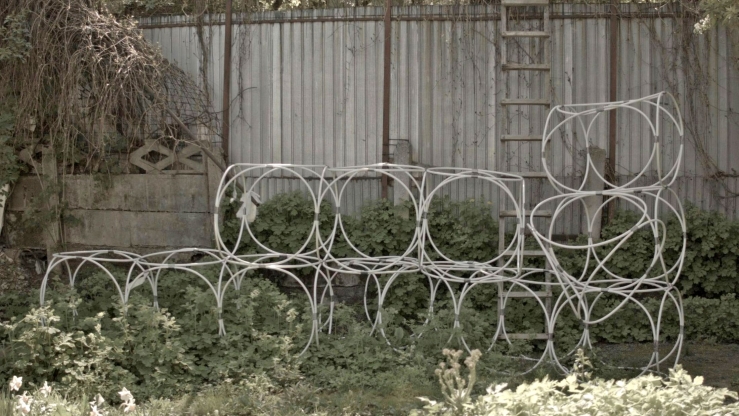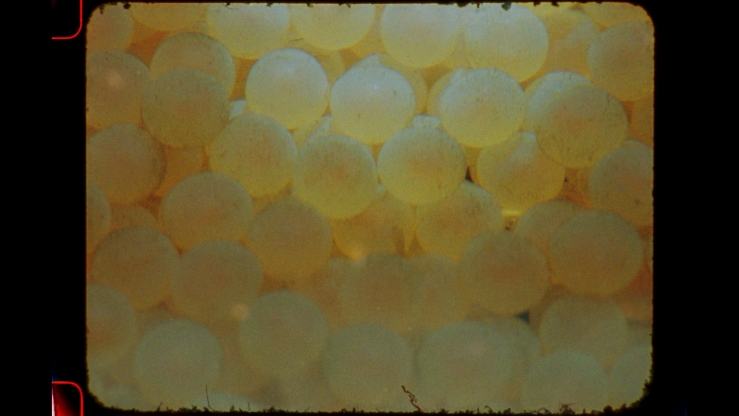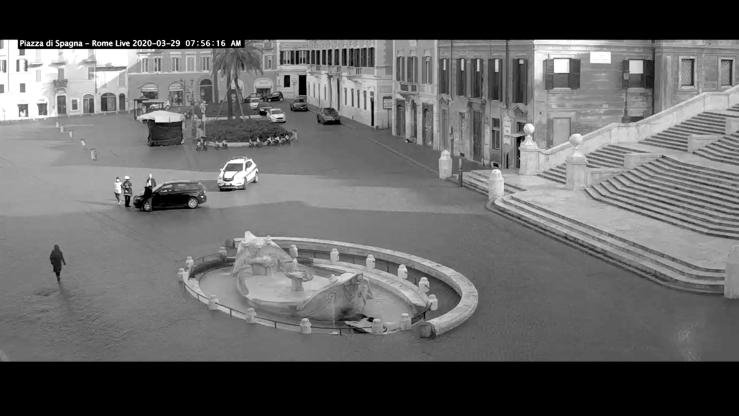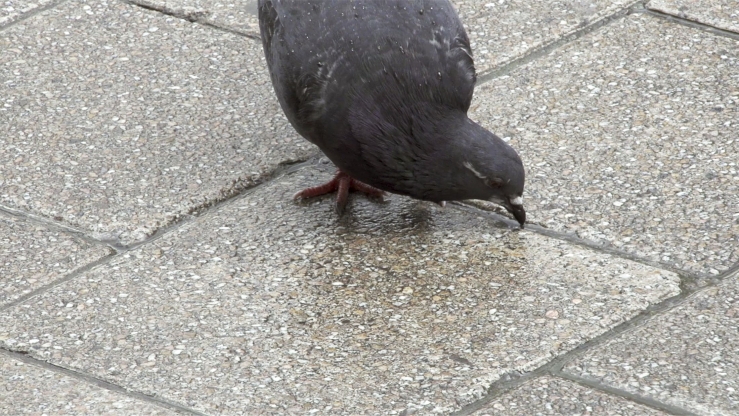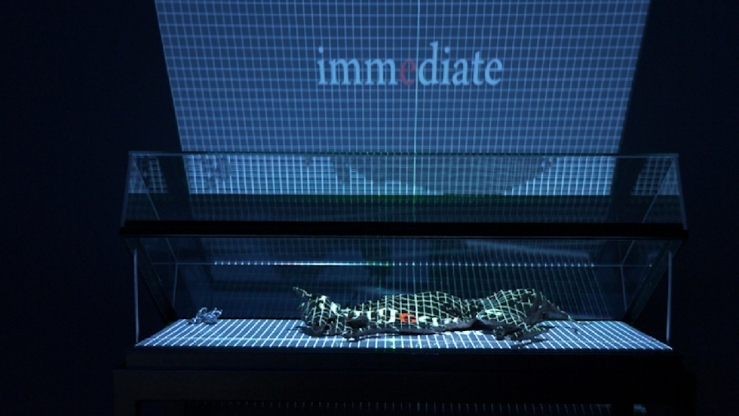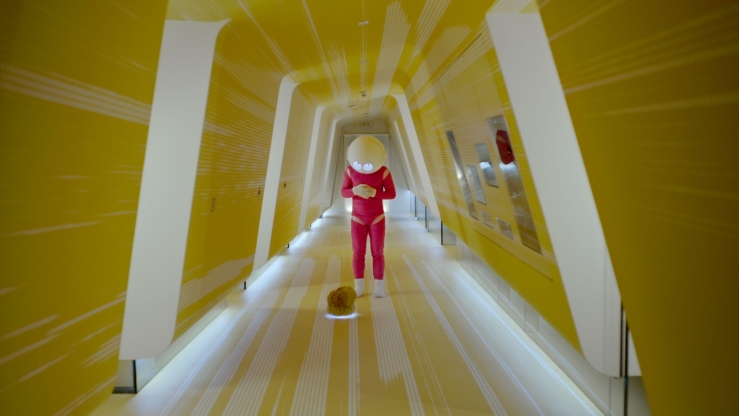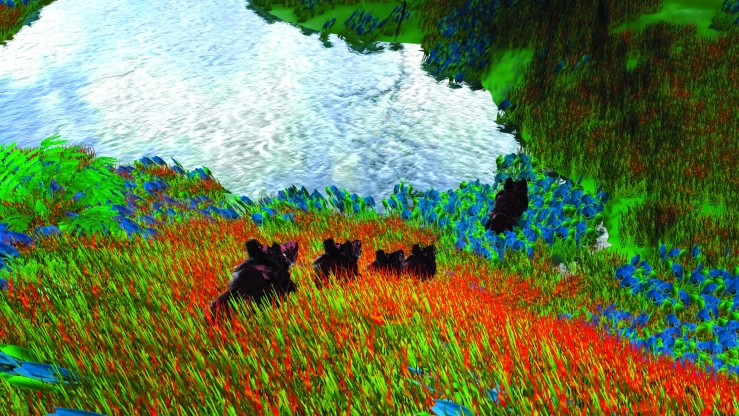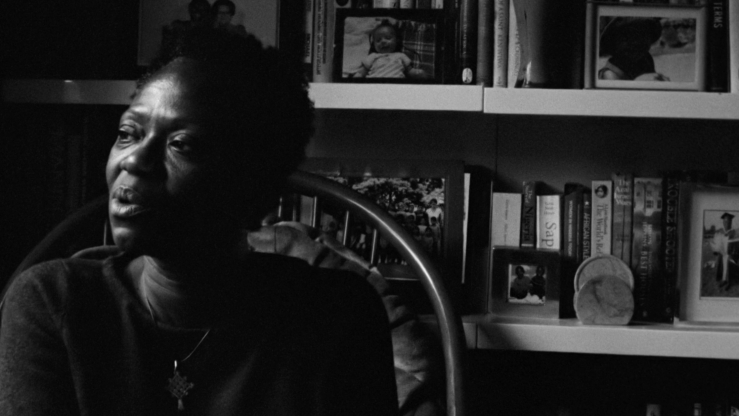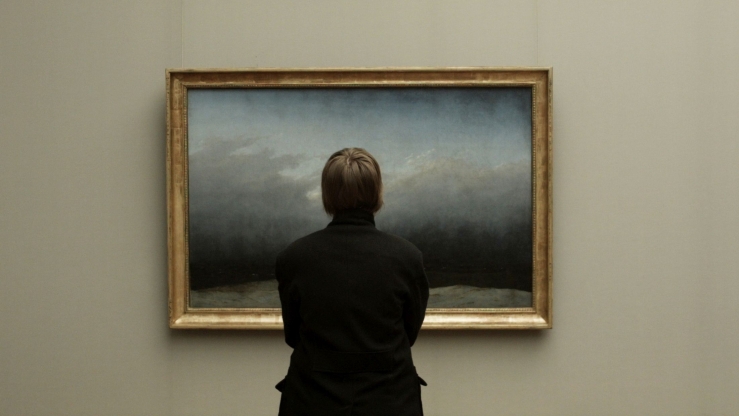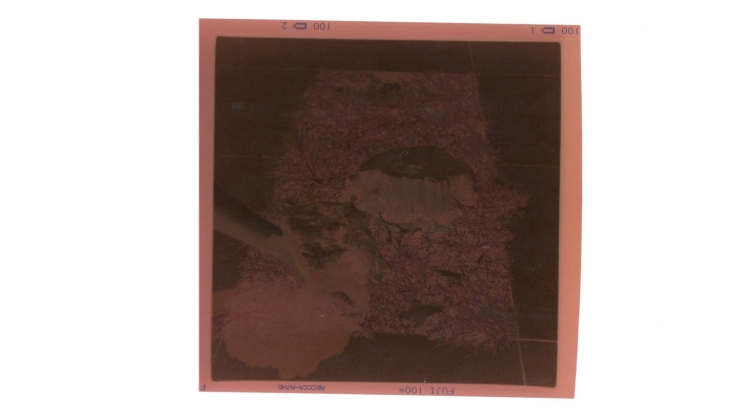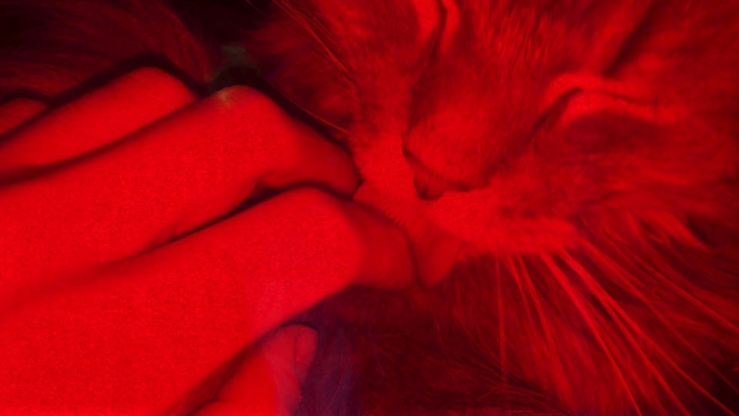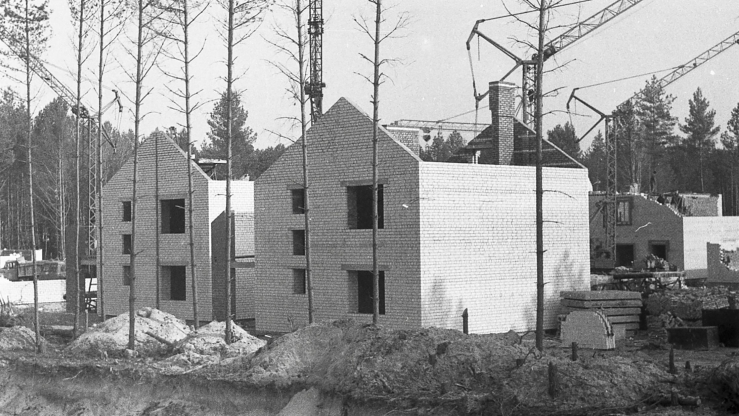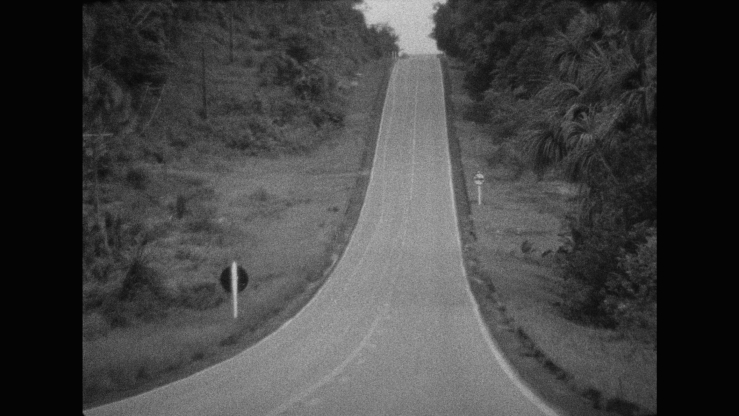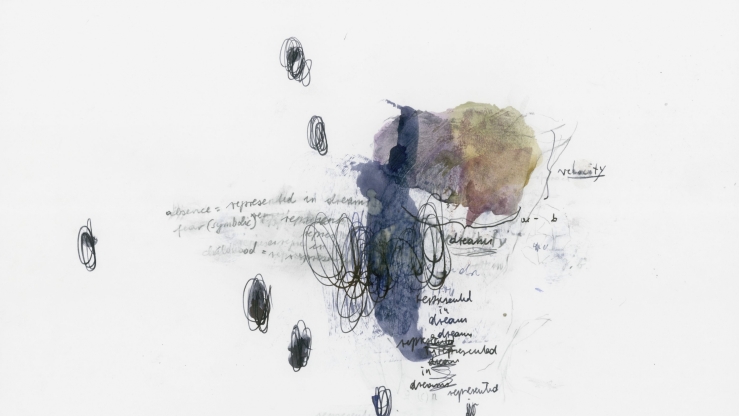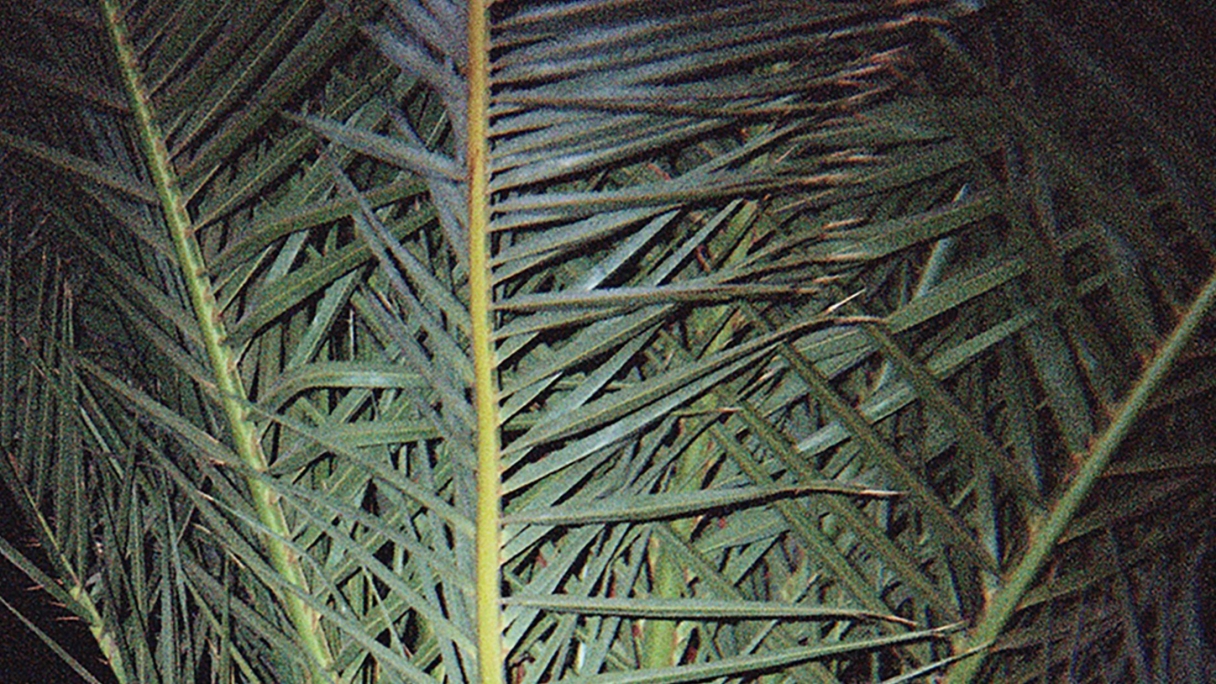
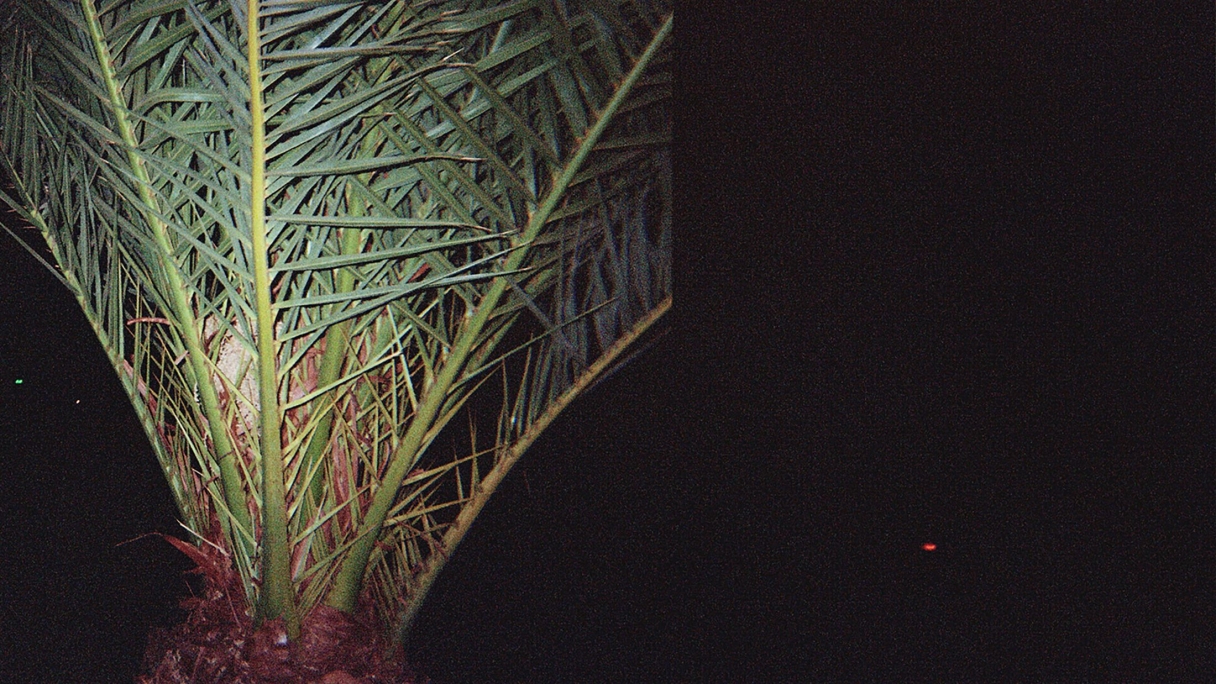
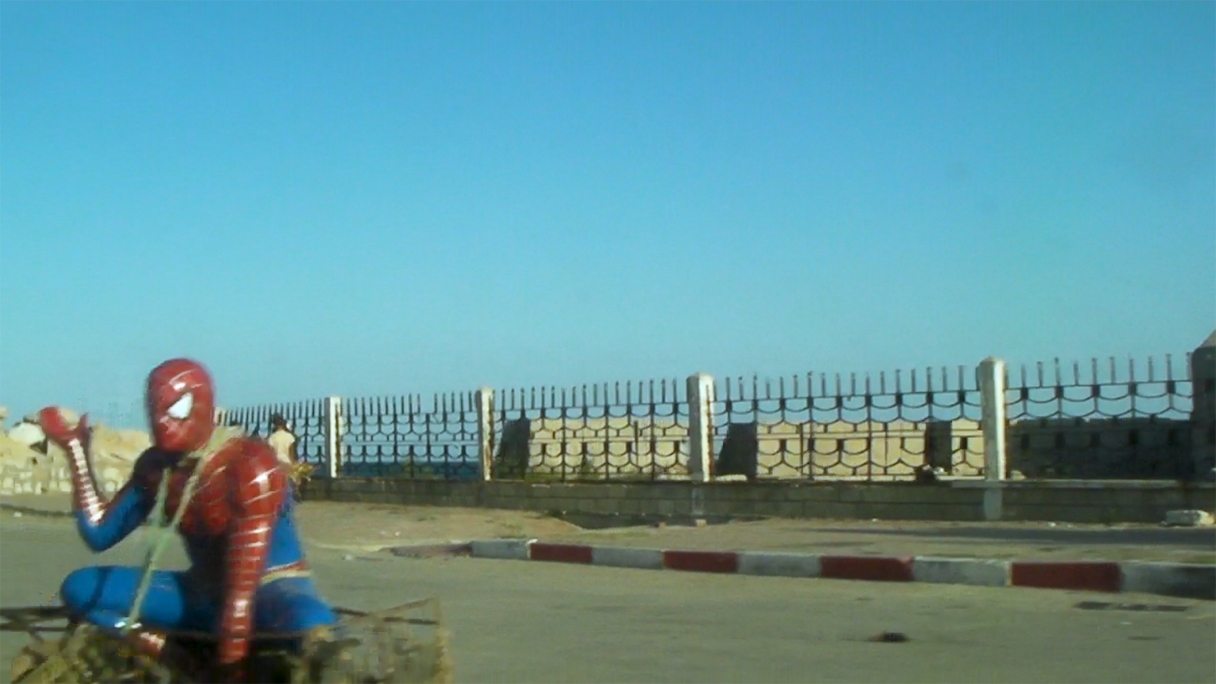
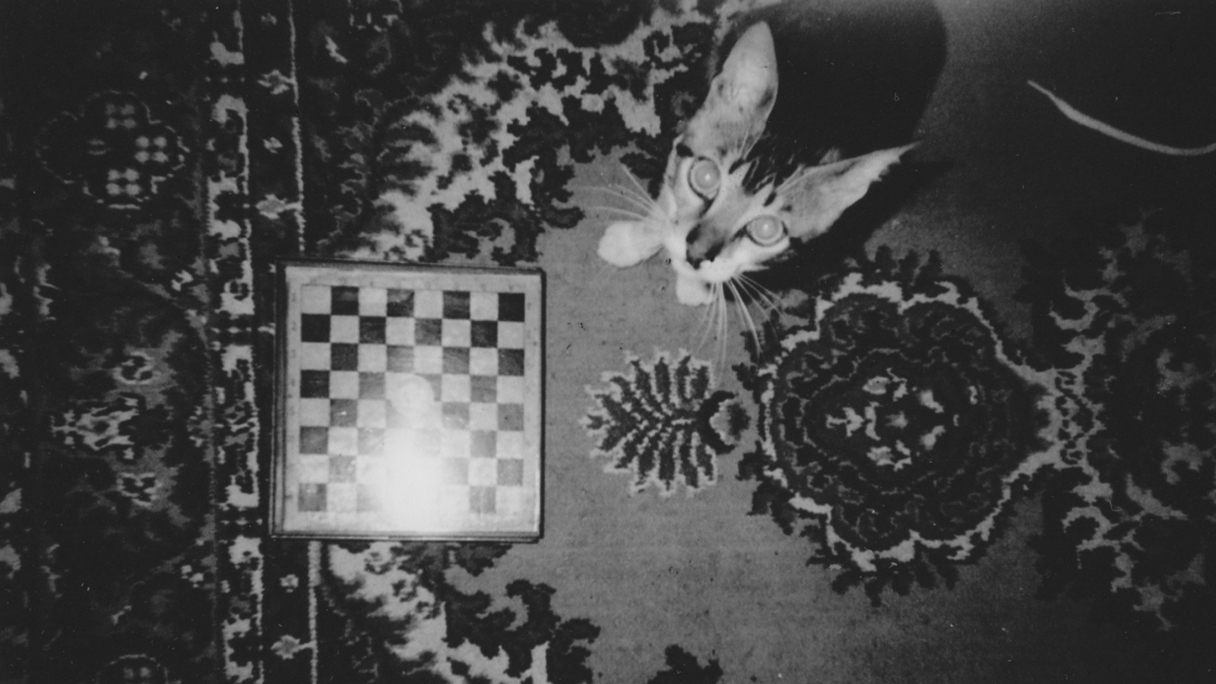
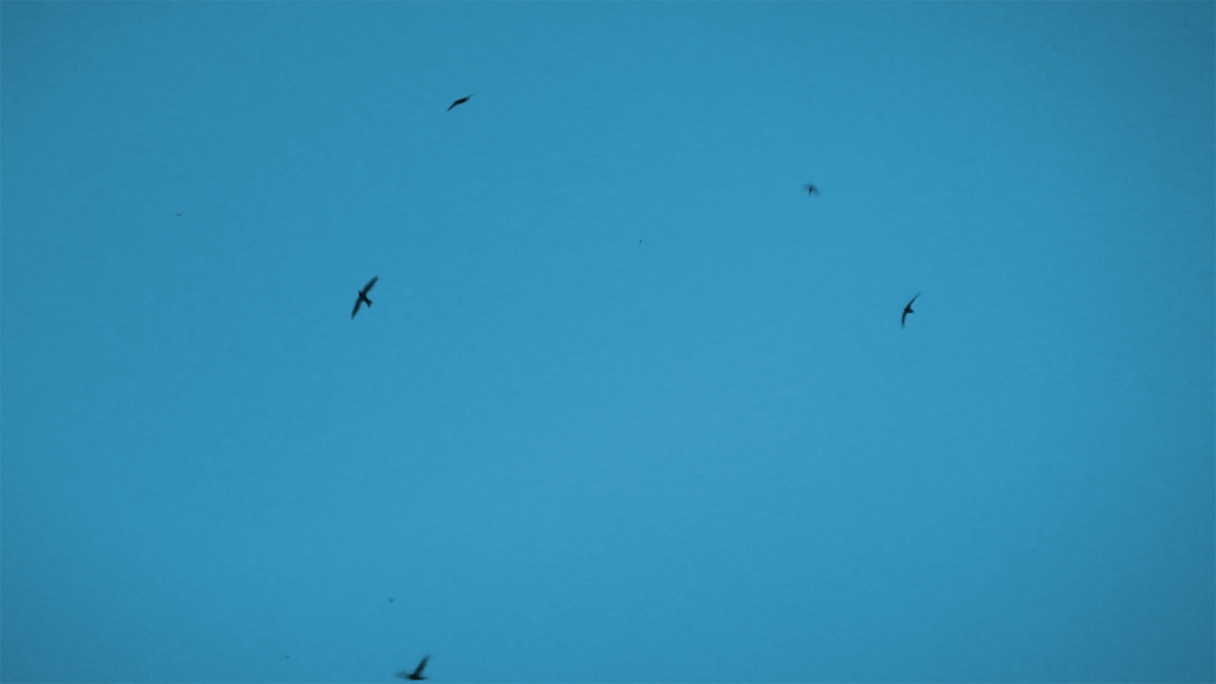
Mouaad el Salem &
This day won't last takes us into the hiding place of those who are not visible, whose story is not part of the official narrative, whose voice whispers but is not the one that speaks. The video work by Mouaad el Salem* tells its story with clandestine images that hide more than they reveal. Blurred cell phone shots, bodies in cropping, bodies searching for an identity beyond gender-specific stereotypes – which never reveal themselves – alternate with fleeting photographs that try to capture where only disappearance is. Halfway through the video, a cut that seems to stand significantly for the desires that el Salem names in his narrative:
– Photograph of a flower in black and white, in the background a cemetery – cut – moving image of a flower in color, in the background a settlement. –
The question of participation in life runs like a red thread through the work. Like so many other Tunisians, el Salem has fought in solidarity on the streets for the renewal of the state (and society), but the hoped-for change has not come true for him and other representatives of the LGBTQIA* community. Article 230, which declares homosexuality a criminal offense and leads to exclusion, persecution, and violence, still applies in Tunisia. The article was introduced by the French colonial power in 1913 and has been in force ever since. When el Salem names the article, he does so in French, thus clearly articulating the systematic over-shaping that accompanies every colonial exercise of power. There is no escape from this violence and so el Salem describes death and migration as the only way out for many of his companions. And yet, signs of a new solidarity manifest themselves, albeit still tentatively. Tags with the writing »Queers were here« leave traces in public space, at demonstrations the bodies of the otherwise invisible, secured in the solidary ›We‹ visible for everyone, join together as a collective body of the many. This day won't last ends on the dark beach, with the feet in the waves washing up against them, pulling on them. However, an alternative narrative, spoken by the voices of the many, is already being written. (Tasja Langenbach )

